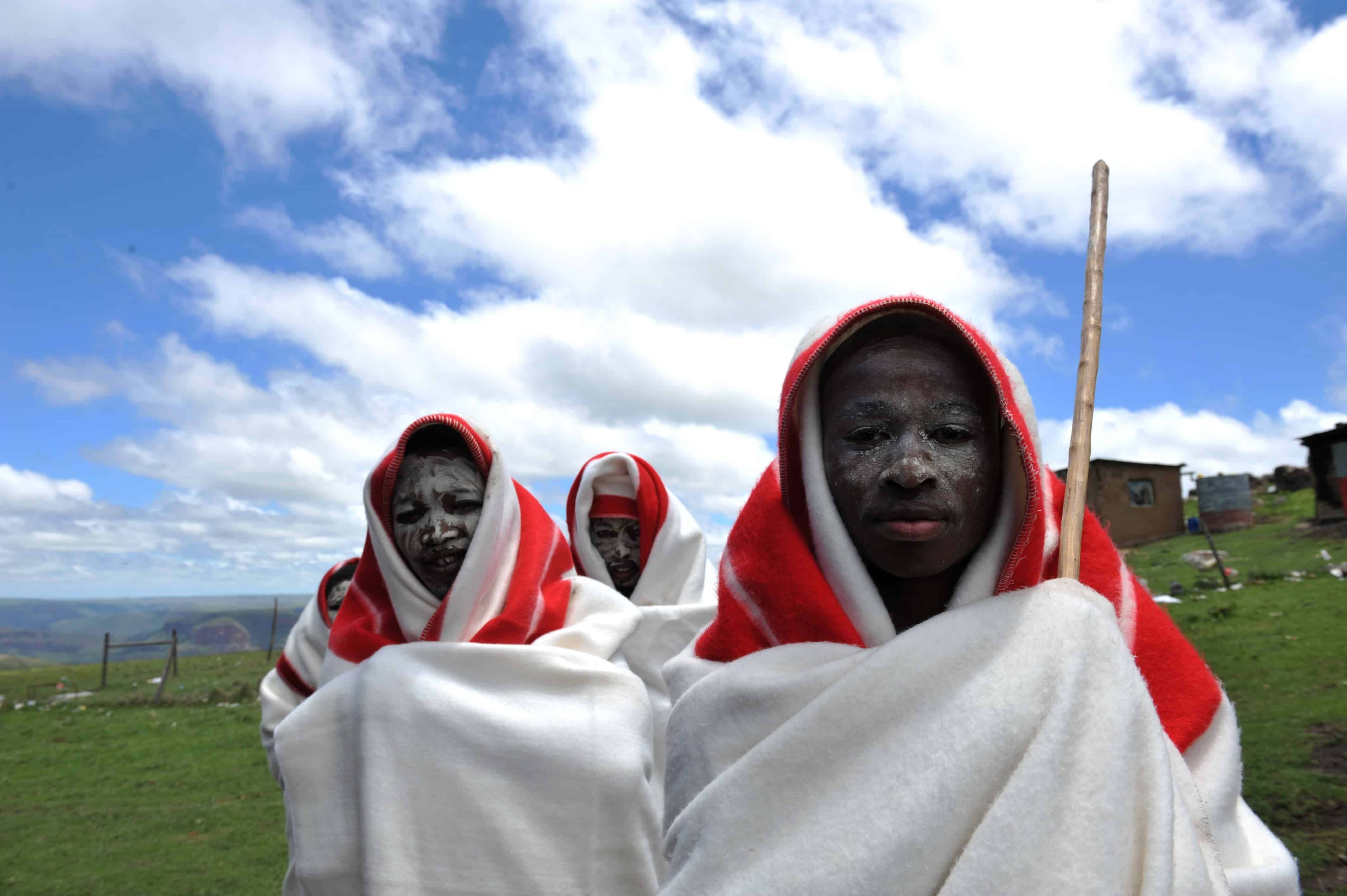JOHANNESBURG, South Africa — Traditional rite-of-passage ceremonies in South Africa left 32 boys dead and more than 150 hospitalised, local authorities said Tuesday, as the annual initiation season drew to a close.
Most of the teens died from botched circumcisions, an important element of the ceremony marking transition from boy to man, said Sifiso Ngcobo, spokesman for the traditional affairs ministry.
“Others died from beatings, dehydration or exposure to unhygienic conditions,” he said.
Of the deaths, 27 were in South Africa’s rural and deeply traditional Eastern Cape province, where Ngcobo said over 150 had been hospitalised for burns, serious head injuries and one case of a partially amputated penis.
The rite of passage into adulthood usually follows a bush retreat of two to four weeks and is widely seen as a test of physical endurance.
The season for the rituals lasts around six weeks, coinciding with the peak of winter in South Africa.
But each year teenaged boys die or are left mutilated.
A commission last year found over 400 boys died and half a million were hospitalised after attending the winter initiation schools between 2008 and 2013, with a major cause being complications such as infection after circumcision.
The deaths have been widely condemned by government and cultural rights bodies, even while some defend the traditional initiations.
“It is really regrettable and unfortunate,” Zolani Mkiva, spokesman of the Xhosa king Zwelonke Sigcawu, told AFP earlier this month.
“This is one of the most important rituals within our society. As much as it is important, we cannot afford to lose lives over this ritual. The importance of life is greater than the importance of the ritual.”
Most deaths occurred in unregistered initiation schools, with some boys abducted and forced to undergo the ritual.
In June, South African police rescued 11 teenage boys from forced circumcision after their parents reported that they had been taken from the street to participate in the initiation.
This year, the government shut down over 150 unregistered schools, including one in township of Soweto outside Johannesburg.
Parents have been encouraged to pursue criminal cases.






